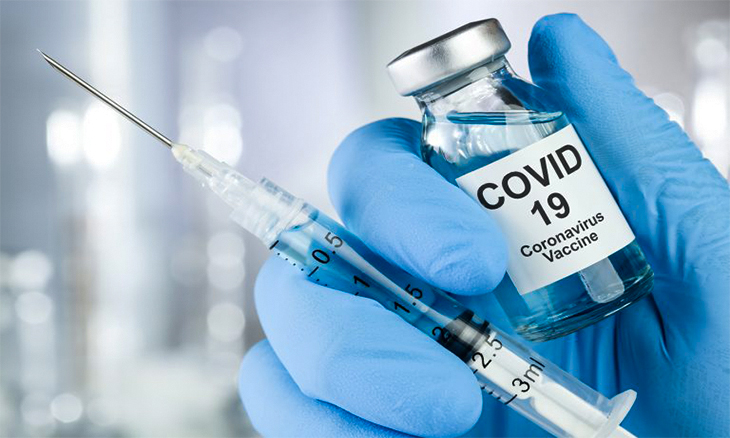
As part of the implementation of its national vaccination strategy against the COVID-19 pandemic, Mozambique received, this Wednesday, a batch of 179,800 and 149,760 doses of vaccines from the Governments Norwegian and Belgian, respectively. The immunizing agents complement the 1,318,560 doses already obtained by the Mozambican Executive, totaling 1,648,120, with the support of several partners, under the COVAX initiative. of access to tools against COVID-19 (ACT), is co-led by the Coalition to Promote Innovation for Epidemic Preparedness (CEPI); the World Alliance for Vaccines and Immunization (GAVI); and the World Health Organization (WHO), which work in partnership with the United Nations Children’s Fund (UNICEF), as a key implementation partner, as well as with civil society organizations, vaccine manufacturers, the World Bank and others. .Another 680,160 doses of COVID-19 vaccine from AstraZeneca and 638,400 from Johnson & Johnson was previously received by the Ministry of Health, via the COVAX Mechanism, since the month of March this year, from a total of 2,064 million doses expected by the country. Since the beginning of the pandemic, the United Nations System in Mozambique has been working with national authorities, businesses and civil society to identify and respond to the population’s needs in response to the health crisis and its socio-economic effects. COVAX’s plan is to provide vaccines to 20 percent of the population of each participating country throughout 2021. There are two groups of participating countries and territories: the self-funded, middle- and high-income countries that pay for vaccines; and those with low incomes who receive vaccines free of charge. In the case of Southern Africa, all countries in the region, except the Republic of South Africa, are part of the second group. Until the majority of the population is fully vaccinated, it will be essential to maintain all preventive measures in response to the pandemic. For public health authorities, this means systematically and massively carrying out diagnostic tests, contact tracing, isolation, assisted quarantine and quality care. For individuals, it means avoiding agglomerations, continuing with physical distance, cleaning their hands regularly with soap or alcohol gel at 70 percent, wearing masks and keeping environments well ventilated. Source:O País
Tradução automática do artigo:Aceder ao artigo original
